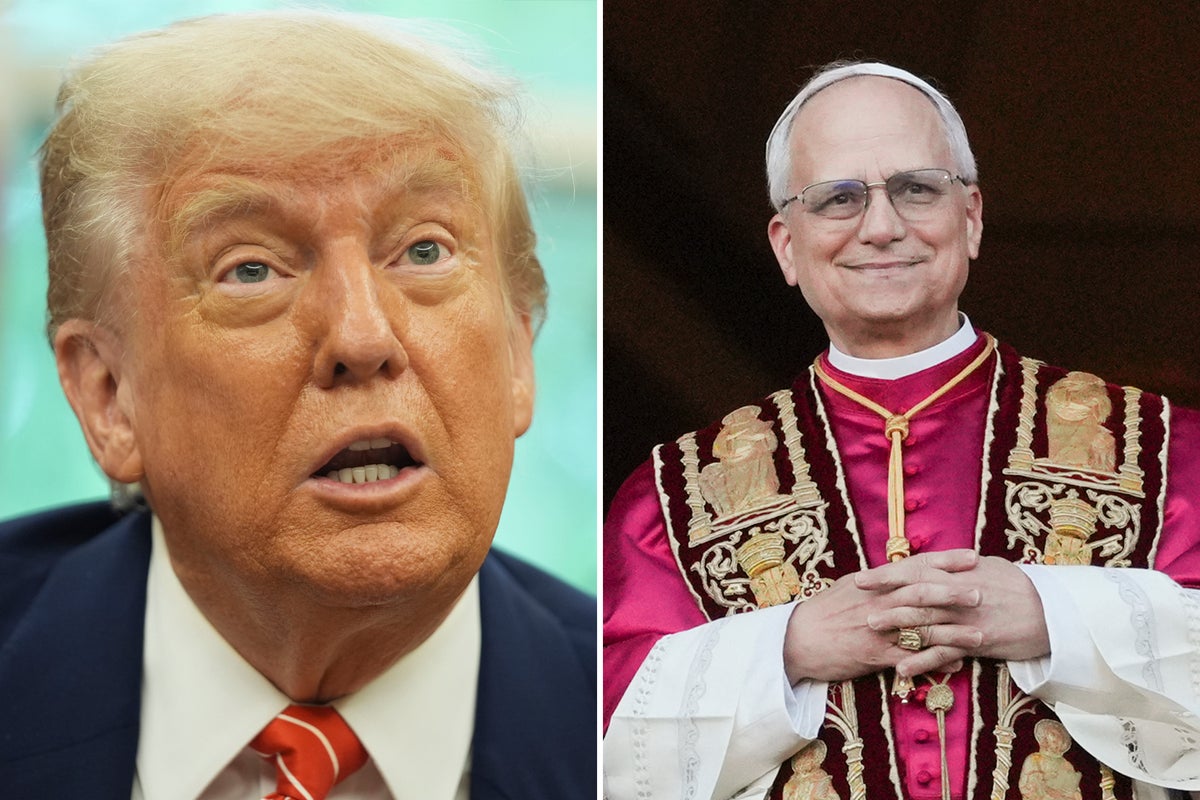Trump Withdraws U.S. Attorney Nominee, Whose Extremism Tested Limits for G.O.P. Senators
Ed Martin, the interim U.S. attorney for Washington, was breezing toward the office elevator in his signature trench coat in February when he passed a group of about 10 young prosecutors preparing to leave, framed diplomas and keepsakes in hand.
“Whoa, what’s going on here?” Mr. Martin asked with a chuckle, seemingly oblivious to who they were and where they were going, according to people with knowledge of the exchange.
The lawyers were too stunned to speak.
They had just been fired — part of a purge, overseen by Mr. Martin, of about two dozen prosecutors detailed during the Biden administration to prosecute the rioters who stormed the Capitol on Jan. 6, 2021.
President Trump nominated Mr. Martin, a conservative Republican political operative from Missouri, to permanently run the U.S. attorney’s office in part because he has emerged as one of the most passionate defenders of Jan. 6 rioters, a small but vocal far-right group that wields outsize influence. Mr. Martin has, in turn, used his authority to help carry out Mr. Trump’s retribution campaign, threatening to investigate Democrats, academic institutions and critics of Elon Musk even while seeking to dismantle and delegitimize the Jan. 6 inquiry.
On Thursday, after an internal debate in the West Wing, Mr. Trump pulled his nomination, telling reporters at the White House, “We have somebody else that will be great.”
Mr. Martin’s fate was sealed on Tuesday when Senator Thom Tillis, a key Republican on the Judiciary Committee, said he
would not support the nomination because of Mr. Martin’s work on behalf of the rioters. That dealt a fatal blow to his path to confirmation, leaving the committee deadlocked at 11 to 11, with all 10 Democrats on the panel opposing Mr. Martin. Republican leaders have said they would not take procedural steps to force a vote on the floor.
It is possible that Mr. Martin’s fall signals a limit to what Senate Republicans, who have rubber-stamped Trump nominees, are willing to accept. Mr. Trump’s approval ratings among key demographics have flagged in the past month, darkening the party’s prospects in the 2026 midterms and perhaps loosening the grip of a president who will never again top its ticket.
Yet it is just as likely that Mr. Martin —
a hyperpartisan activist with no experience as a prosecutor known for consorting with antisemites and the far-right fringe of his party — was simply more trouble than he was worth. Mr. Martin will be relatively easy to replace with a more palatable nominee who has a similar, if not quite as extreme, set of priorities, according to Republican aides, speaking on the condition of anonymity to discuss strategy.
Nonetheless, the declaration from Mr. Tillis only prompted
a ferocious backlash among the influencer elites Mr. Trump is acutely attentive to appeasing, and some in the West Wing remained intent on fighting for Mr. Martin to the end, according to officials speaking on the condition of anonymity to discuss internal deliberations.
In his remarks, Mr. Trump suggested that he would find a place for Mr. Martin somewhere else in his administration, presumably to a post that did not require Senate confirmation. Over the past few days, people close to the president have considered a range of possibilities, including another position in the Justice Department, according to a person familiar with the situation.
Mr. Martin, for his part, was still battling to keep his job on Thursday — writing “Fight, fight, fight” in a social media post in the early morning hours.
He followed that up with Psalm 23:4.
“Yea, though I walk through the valley of the shadow of death, I will fear no evil: for thou art with me; thy rod and thy staff they comfort me.”
Whatever happens next needs to happen fast. If someone is not confirmed by May 20, when Mr. Martin’s interim appointment lapses, his successor would be named by the judges who sit on the Federal District Court in Washington. They are led by one of Mr. Trump’s most vaunted judicial adversaries: James E. Boasberg, the court’s chief judge, who is overseeing several cases against the Trump administration.





www.cbsnews.com

en.wikipedia.org

